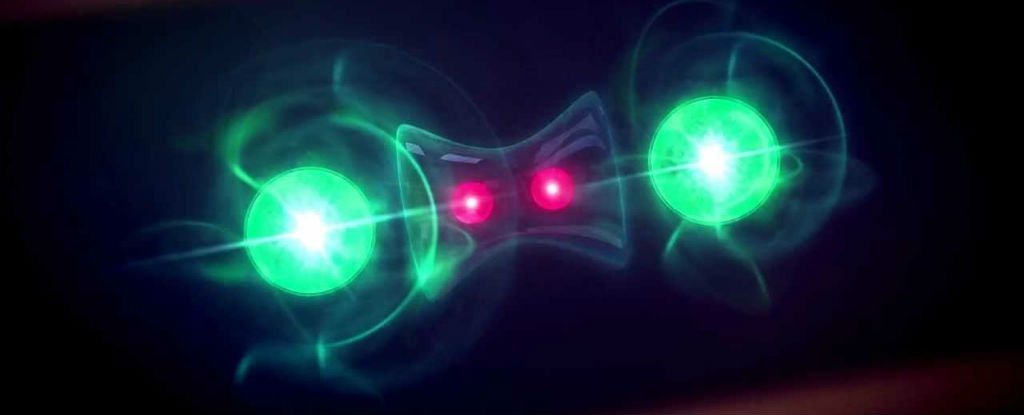quantum

The recent advancements in Quantum computing by Microsoft, Google, IBM and Intel Corporation are fascinating to me and I've compiled a quick overview to keep… | 11 comments on LinkedIn

Microsoft’s breakthrough with the first topological qubits and its own quantum chip, Majorana 1, could outpace Google’s brute force approach.
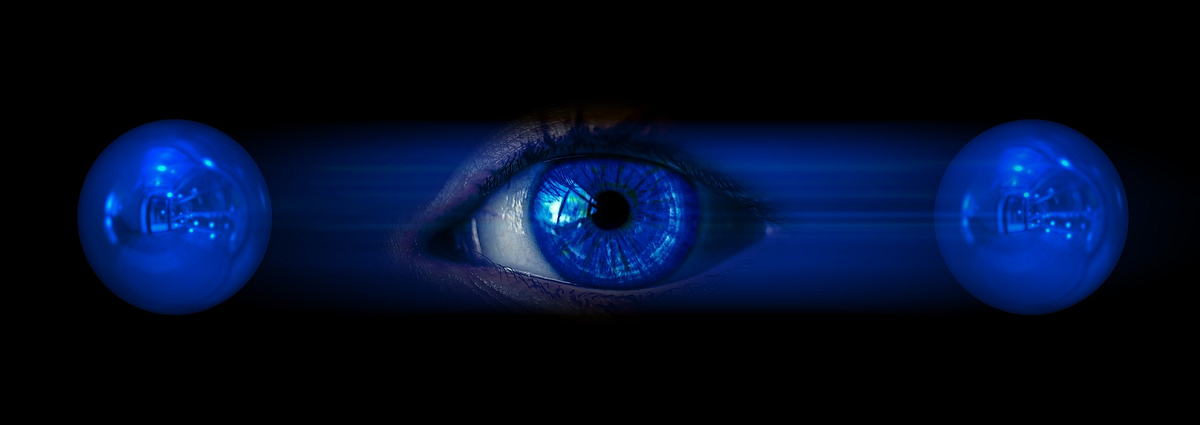
A discussion around measuring error rates in IBM quantum processors, with code examples, using Qiskit

There is no shortage of top-name – and even lesser known – companies pursuing the white whale of developing a quantum computer that can run workloads and

China has announced the development of its latest quantum system, combining the Xiaohong-504, a 504-qubit superconducting quantum chip, with the Tianyan-504 quantum computer. The breakthrough comes from China Telecom Quantum Group (CTQG), which will use the new supercomputer to boost national teleco...

In a first, researchers have shown that adding more “qubits” to a quantum computer can make it more resilient. It’s an essential step on the long road to practical applications.

In the span of four decades, quantum computation has evolved from an intellectual curiosity to a potentially realizable technology. Today, small-scale demonstrations have become possible for...

The ability to instantaneously “teleport” information over long distances is one of the strange phenomena that could make quantum computers uniquely powerful. Researchers at Quantinuum have now shown they can achieve the feat with a “logical qubit”, which they say is a major milestone towards large-

Current encryption methods will likely be broken by 2030. Embedded systems in development now will have a reasonable chance of encountering attacks.

The rise of quantum computing has opened the doors to transformative innovations that transcend the limits of classical computing. The quantum processing unit (QPU) represents a paradigm shift in computational science, akin to how the GPU revolutionized the world of computing in the 2000s. Let’s delve into how QPUs are poised to complement and potentially surpass GPUs, unlocking a new era of computational power. What is a Quantum Processing Unit (QPU)? A QPU harnesses the principles of quantum mechanics to solve problems that classical computing finds difficult to handle. Utilizing qubits and quantum circuit models, QPUs aim to transform how
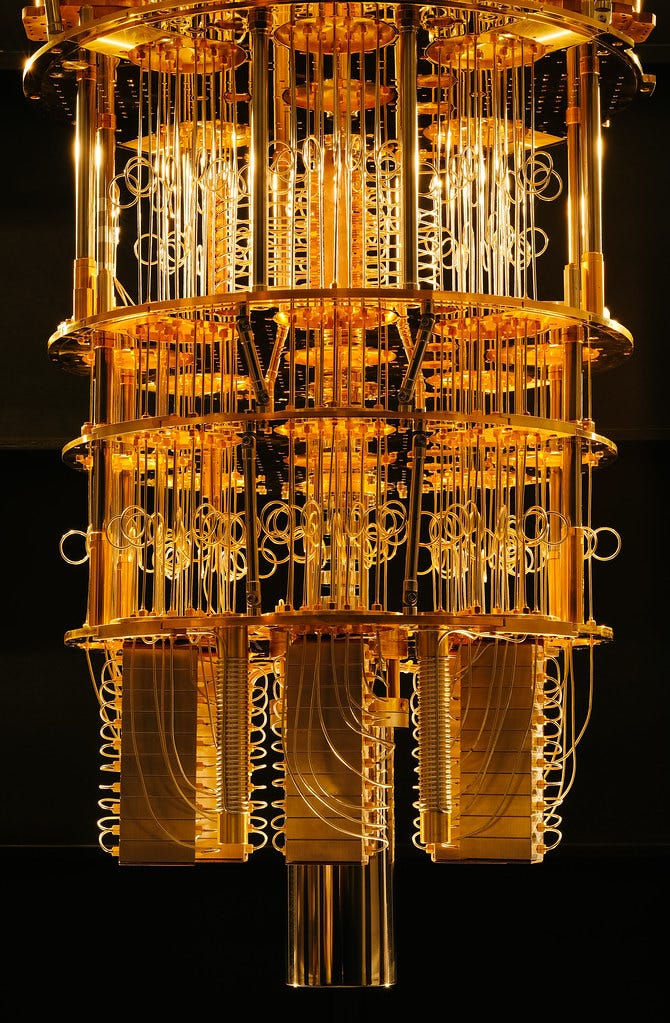
A guide to the basics of quantum computing with no prior knowledge required

The Paris-based company's strategy depends on so-called “cat states,” pairs of very different quantum states as diametrically opposed to one another as the “alive” and “dead” feline once famously postulated by Erwin Schrödinger.

Why does the quantum world behave in that strange, spooky way? Here’s our simple, four-step explanation (no magic needed)
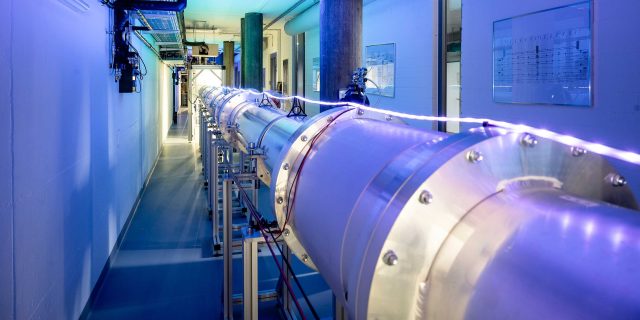
Experiment linked qubits using a supercold wire over 30 meters long.
Quantum computing in your browser.

Such a device could help address climate change and food scarcity, or break the Internet. Will the U.S. or China get there first?

A quantum approach to data analysis that relies on the study of shapes will likely remain an example of a quantum advantage — albeit for increasingly unlikely scenarios.

Scientists used a quantum computer to explore the ultimate escape route from a black hole.
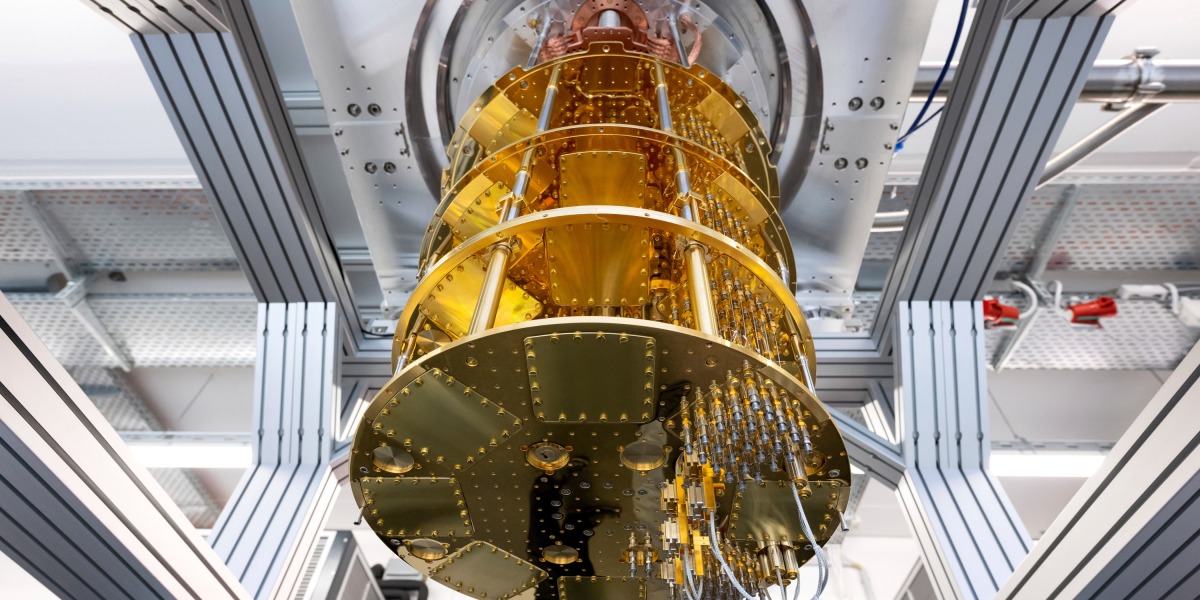
When quantum computers become powerful enough, they could theoretically crack the encryption algorithms that keep us safe. The race is on to find new ones.

The root of today’s quantum revolution was John Stewart Bell’s 1964 theorem showing that quantum mechanics really permits instantaneous connections between far-apart locations.

Today, Content Delivery Network (CDN) vendor Cloudflare announced it's enabling post-quantum cryptography across all protected sites.
:extract_focal()/https%3A%2F%2Fpocket-syndicated-images.s3.amazonaws.com%2Farticles%2F7941%2F1654910604_62a3ed82a035b.png)
Some of today’s quantum physicists are tinkering with an esoteric phase of matter that seems to disobey some of our laws of physics.

Quantum computers may derive their power from the “magical” way that properties of particles change depending on the context.

Two teams have shown how quantum approaches can solve problems faster than classical computers, bringing physics and computer science closer together.
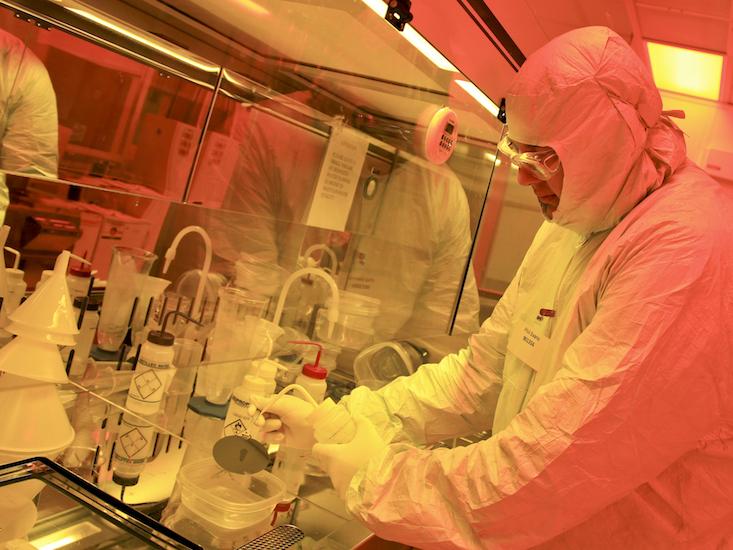
Quantum Lab: Scientists are fabricating quantum photonic circuits—consisting of waveguides and other elements—to manipulate single photons for future quantum communications and processing.Oak Ridge National Laboratory / Flickr Nautilus Members enjoy an ad-free experience. Log in or Join now . Justin Trudeau, the Canadian prime minister, certainly raised the profile of quantum computing a few notches […]
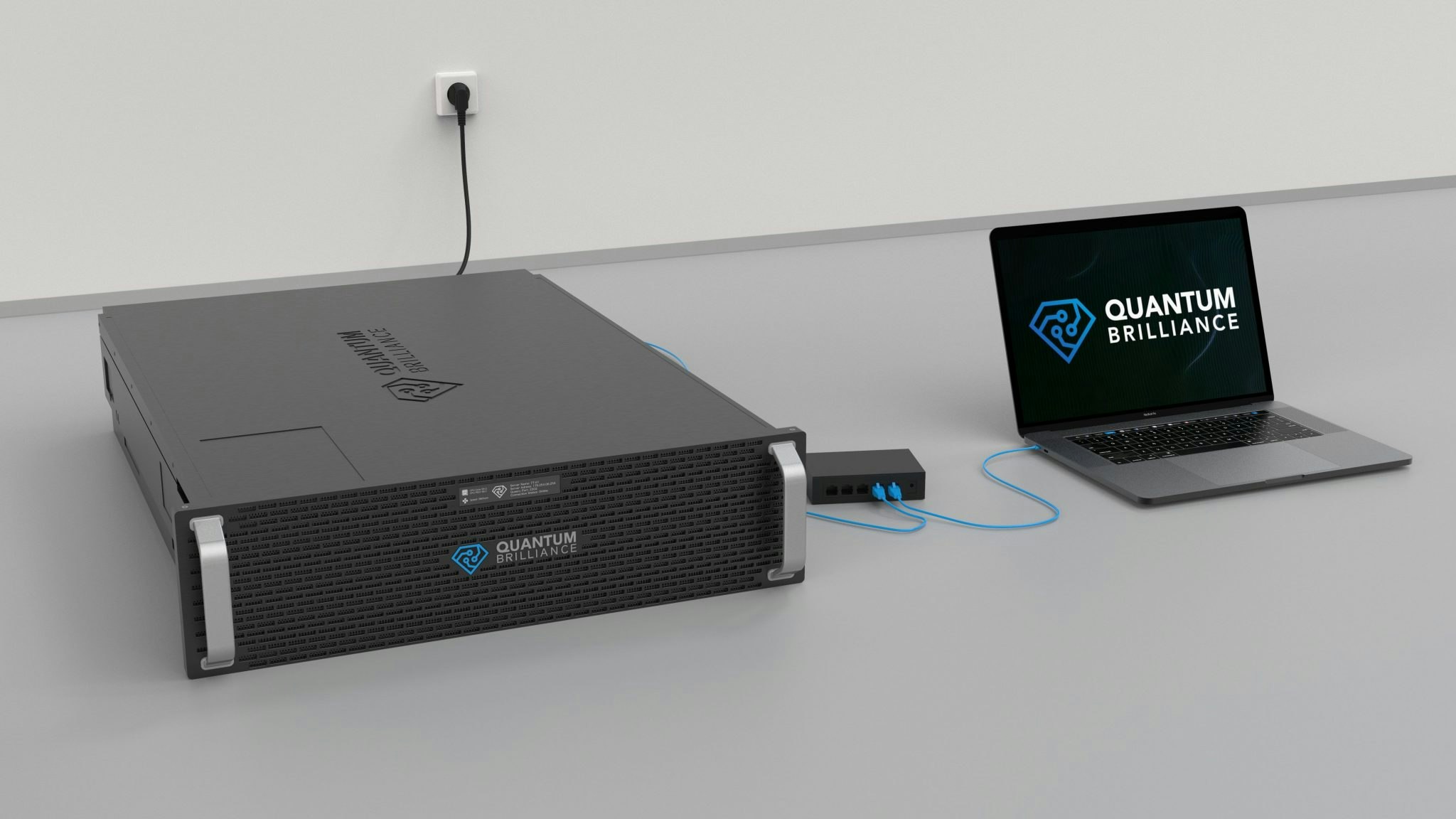
Quantum Brilliance has developed a diamond-based quantum computer that can run at room temperature and be miniaturised.
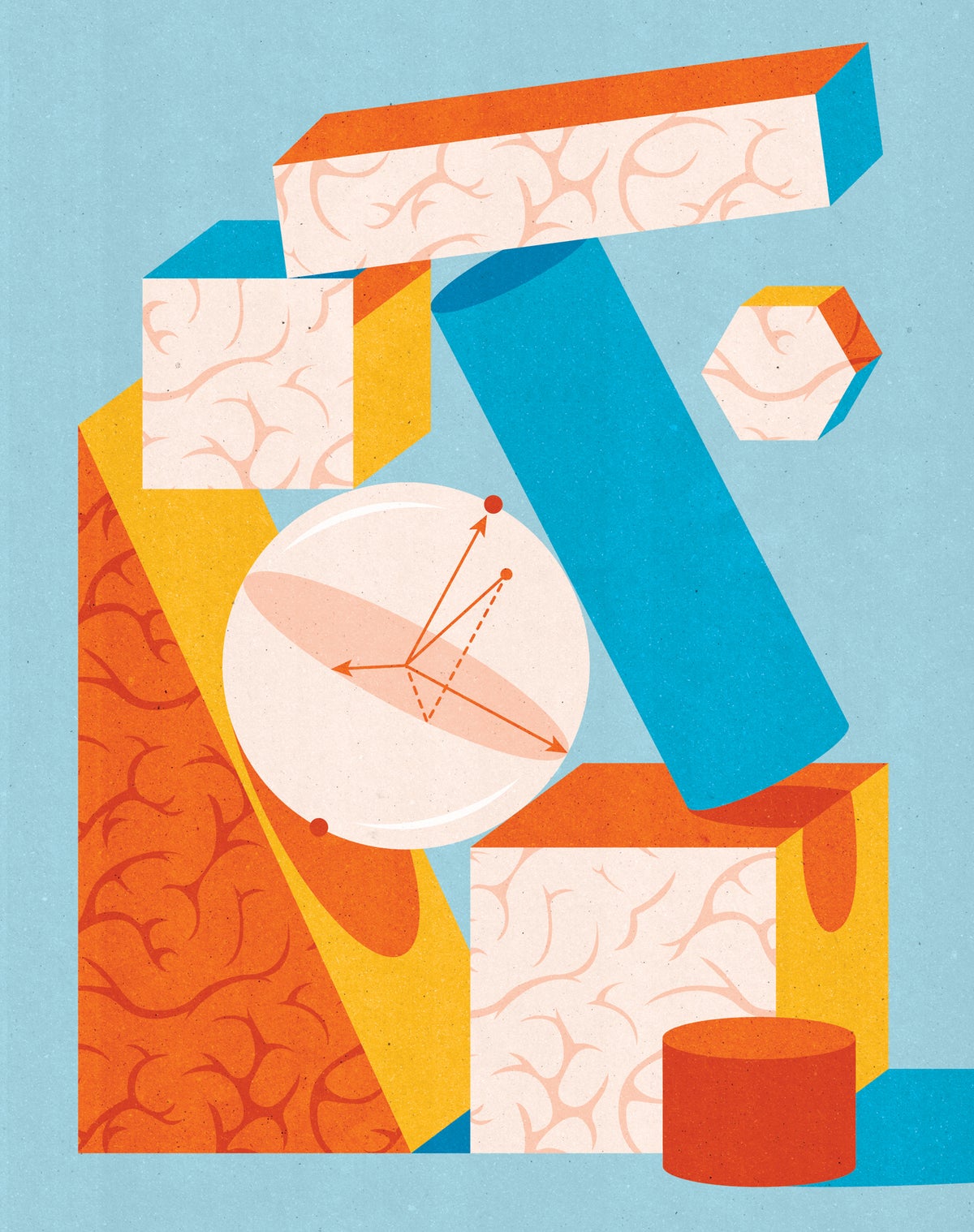
Originally built to speed up calculations, a machine-learning system is now making shocking progress at the frontiers of experimental quantum physics

A new study shows that quantum technology will catch up with today’s encryption standards much sooner than expected. That should worry anybody who needs to store data securely for 25 years or so.

To understand what quantum computers can do — and what they can’t — avoid falling for overly simple explanations.

The accelerating effort to understand the mathematics of quantum field theory will have profound consequences for both math and physics.

Honeywell says quantum computing platforms are approaching a processing milestone that conventional computers can't simulate.
:extract_focal()/https%3A%2F%2Fpocket-syndicated-images.s3.amazonaws.com%2Farticles%2F5788%2F1601049982_M-Theory_2880x1920.jpg)
The mother of all string theories passes a litmus test that, so far, no other candidate theory of quantum gravity has been able to match.
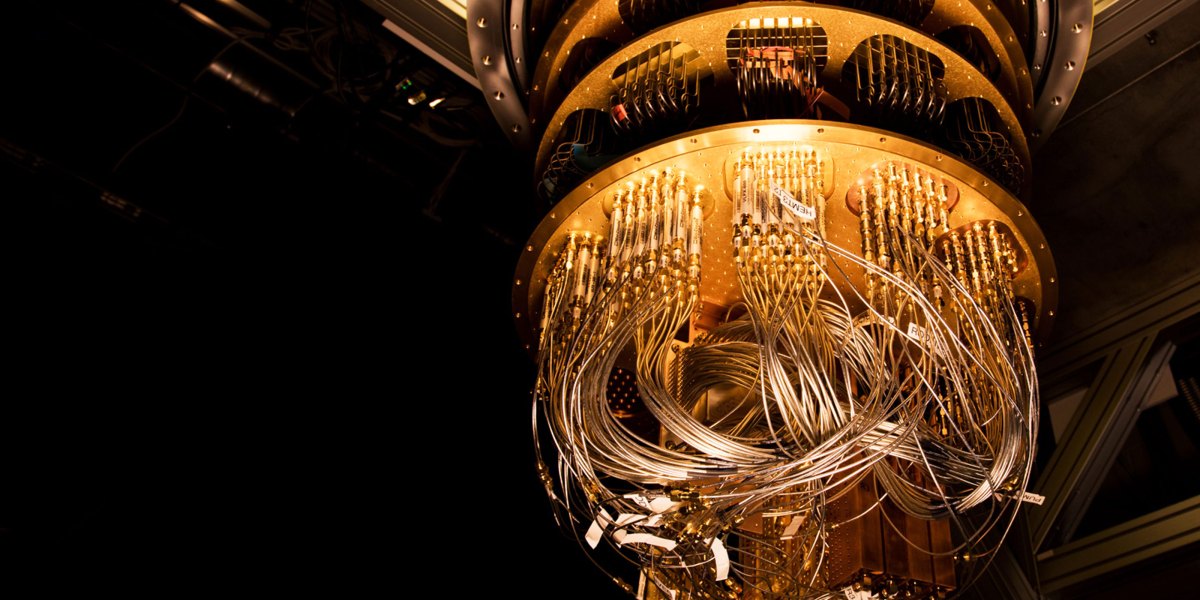
Quantum computers could make encryption a thing of the past, but 15 contenders are trying to prove they have what it takes to safeguard your data.
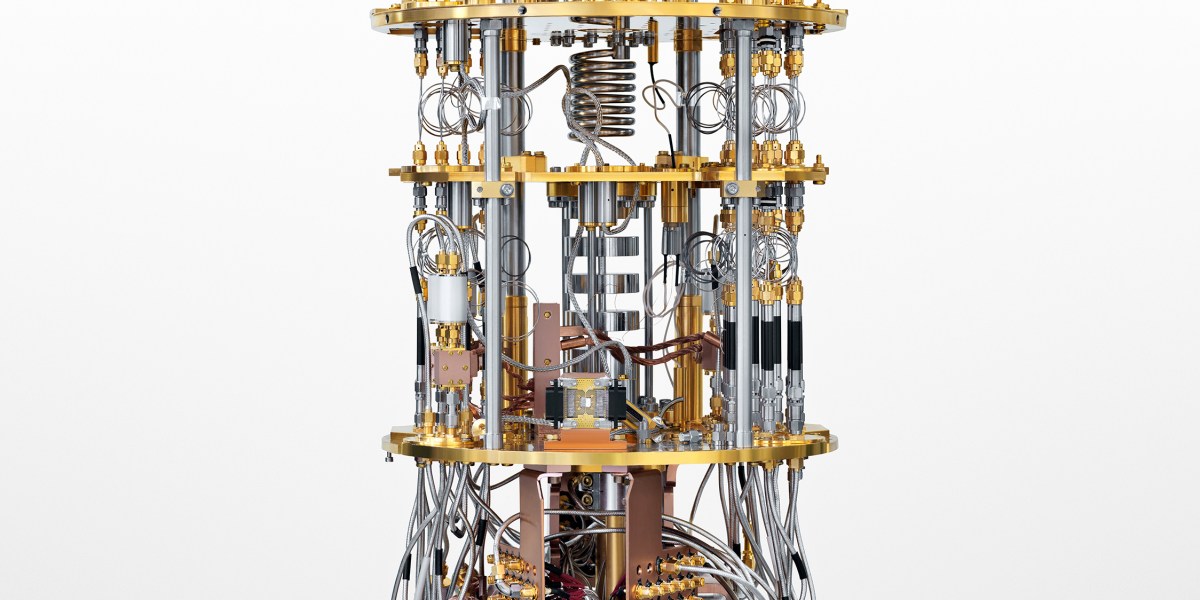
IBM thinks quantum supremacy is not the milestone we should care about.

Presented in an experimental mnemonic medium which makes it almost effortless to remember what you read

Researchers are getting close to building a quantum computer that can perform tasks a classical computer can’t. Here’s what the milestone will mean.

Computer scientists have been searching for years for a type of problem that a quantum computer can solve but that any possible future classical computer cannot. Now they’ve found one.


